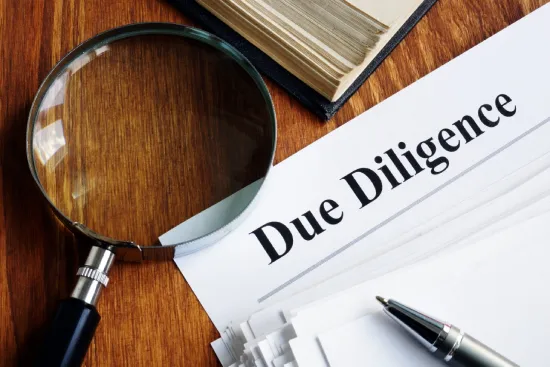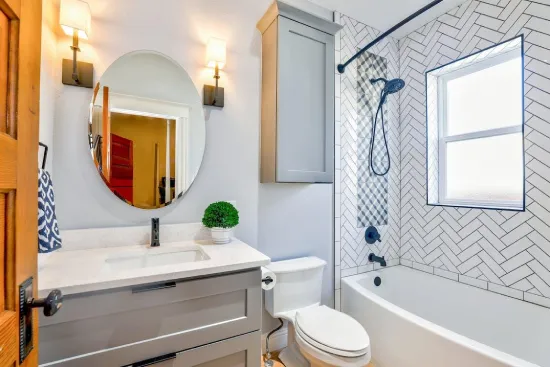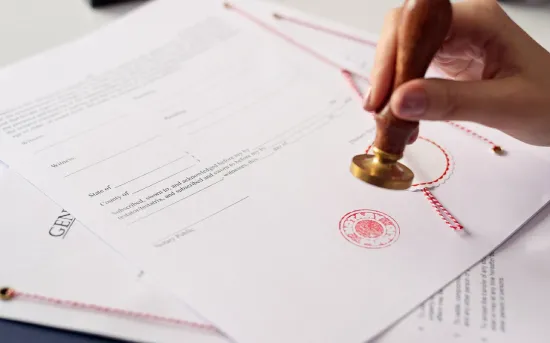Multi-Family Buildings
Buying a multi-family building is often one of the biggest investments you will ever make. It can be very challenging if you don’t know how to go about it, so it’s imperative to be as prepared as possible. Keep in mind that you don’t have to do all these steps in this exact order, but this is a general guideline as to how you should approach the buying process. You might already have a real estate attorney picked out, or you might be paying all cash and don’t need a lender. Everyone’s situation is different. My goal is for you to better understand what it’s like to buy in NYC. Please reach out to me if you have additional questions so I can make your buying process as easy as possible.
- STEP 1
- STEP 2
- STEP 3
- STEP 4
- STEP 5
- STEP 6
- STEP 7
- STEP 8
Make Sure It’s Properly Zoned
One of the first things you should look for in a multi-family property is whether it has been legally converted as a multi-family (with the right certificate of occupancy) or it has the right zoning and classification. If you’re looking to buy a multi family, but it was illegally converted from a single-family property, you may have some issues.
Find Your Ideal Location
The location of the property within the block can impact its purchase price and resale value. How close the multi-family is to the neighborhood attractions is also important to note.
Pay Attention To What Type of Construction It Is
Whether the multi-family is a brownstone, limestone, or brick can also make a difference, not just in aesthetics but in renovations as well. The age of the property is also an important feature. You may find an old townhouse with many of the original design features a better purchase (due to its character) than a recently renovated modern townhouse.
Check The Landmark Status
If a townhouse has landmark status, you will need permission from both the Department of Buildings (DoB) and NYC Landmarks Preservation Commission (LPC) for any renovations or expansions.
Notice Width Of House
The usual townhouse width in NYC is between 18 to 20 feet. The width impacts how much natural light and air would be available as well as the layout. Wider and more spacious rooms are easier to decorate and are usually more attractive than narrow and deep rooms. This is why the width also influences the price of the property. Wider than normal townhouses (25 feet or more) are called trophy properties and might fetch a much higher price.
Assess The Condition, Get An Inspection
When you buy a multi-family property in NYC, you will be solely responsible for the renovations, upkeep, and maintenance. So if you are comfortable finding the right licensed contractor and architect and overseeing the renovations of your townhouse, you can choose one that needs extensive work. If not, you should limit yourself to recently renovated or well-maintained townhouses, even if you have to pay more. Make sure you get an inspection prior to going into contract so you can garner a better understanding of what the renovation costs will be.
Know About Any Current Tenants
If you are buying a townhouse with multiple units and some of them are rented out, you need to decide whether to keep the current tenants or find new ones as soon as the current lease expires. You will not be able to vacate tenants or might have to make arrangements if you want to renovate the property before their lease is over. In addition, make sure you know how many rent-stabilized or rent-controlled apartments are available. Free market units are the best because you can choose what the rent is. The price of the property will reflect this.
Prepare Your Down Payment
For most multi-family townhouses, you may not be expected to put more than 20% in a down payment. Multi-family homes typically command a lower price per square foot than a similar condo, depending on the condition.
ARTICLES FOR Multi-Family Buildings

What Is Due Diligence And Why Is It Important When Buying A Property/Apartment?
Due diligence is the process of looking at the financial and legal issues of the property you are trying to buy, and it’s usually conducted by an attorney.

How To Plan A Budget-Friendly Bathroom Renovation
Bathrooms are one of the few places in your home where remodeling/renovation can increase the property’s value, at least enough

What Is ACRIS?
ACRIS allows buyers, property owners, brokers, and attorneys to look at and gain insights from property documents like deeds and mortgage records.

8 Reasons An NYC Co-op Board May Reject You
The NYC co-op boards do not have to share the reasons for rejecting buyers and cannot be challenged on their

How To Research An Apartment Purchase Online?
Even if you plan on working with a buyer’s agent when searching for an apartment to buy, there are several

What Is A Certificate of Occupancy (C of O)?
In NYC, a Certificate of Occupancy is issued by the Department of Buildings and determines the use and occupancy status of a building. Read on to find out more.








